BIREME Bulletin nº 103
WHO TMGL pre-launch and the VHL TCIM recognition
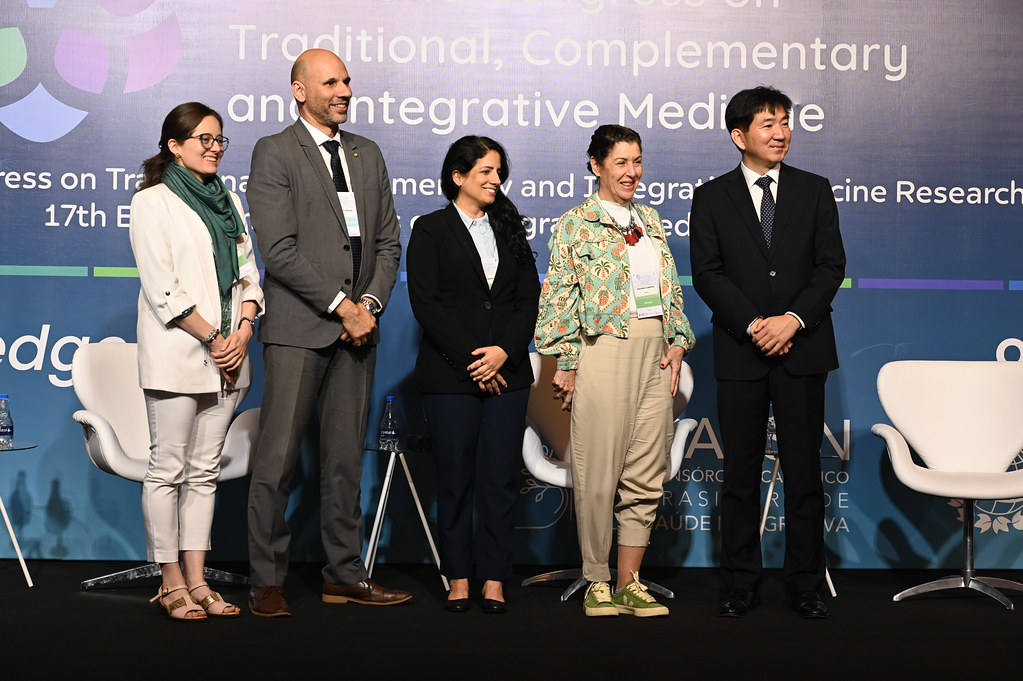
BIREME/PAHO/WHO was present at the 3rd World Congress on Traditional, Complementary and Integrative Medicine, in Río de Janeiro, Brazil, when the pre-launch of the Global Library of Traditional Medicine was held. The WHO TMGL is an initiative led by BIREME and the World Health Organization Global Traditional Medicine Center, in collaboration with other institutions and collaboration networks.
read moreTraditional Birth Attendants in the Americas Thematic Page
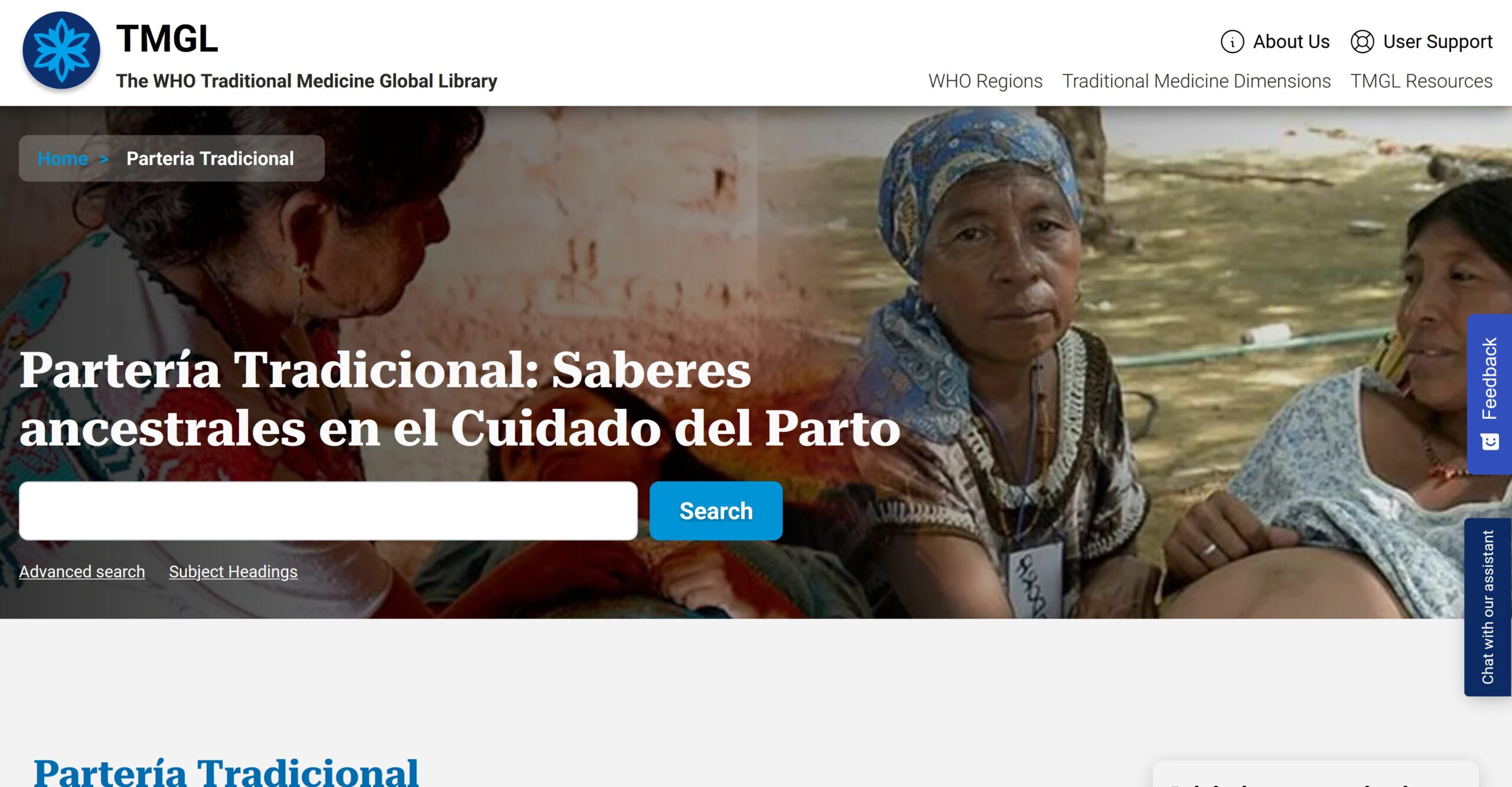
The Thematic Page on Traditional Birth Attendants in the Americas at WHO TMGL is a PAHO/WHO initiative developed jointly by the Department of Social and Environmental Determinants for Health Equity (DHE) and BIREME. It integrates editorial content, with bibliographic review, resources from indigenous and Afro-descendant birth attendants, multimedia resources and links to regulatory frameworks and intercultural policies.
read moreHealth Information Products and the Digital Transformation
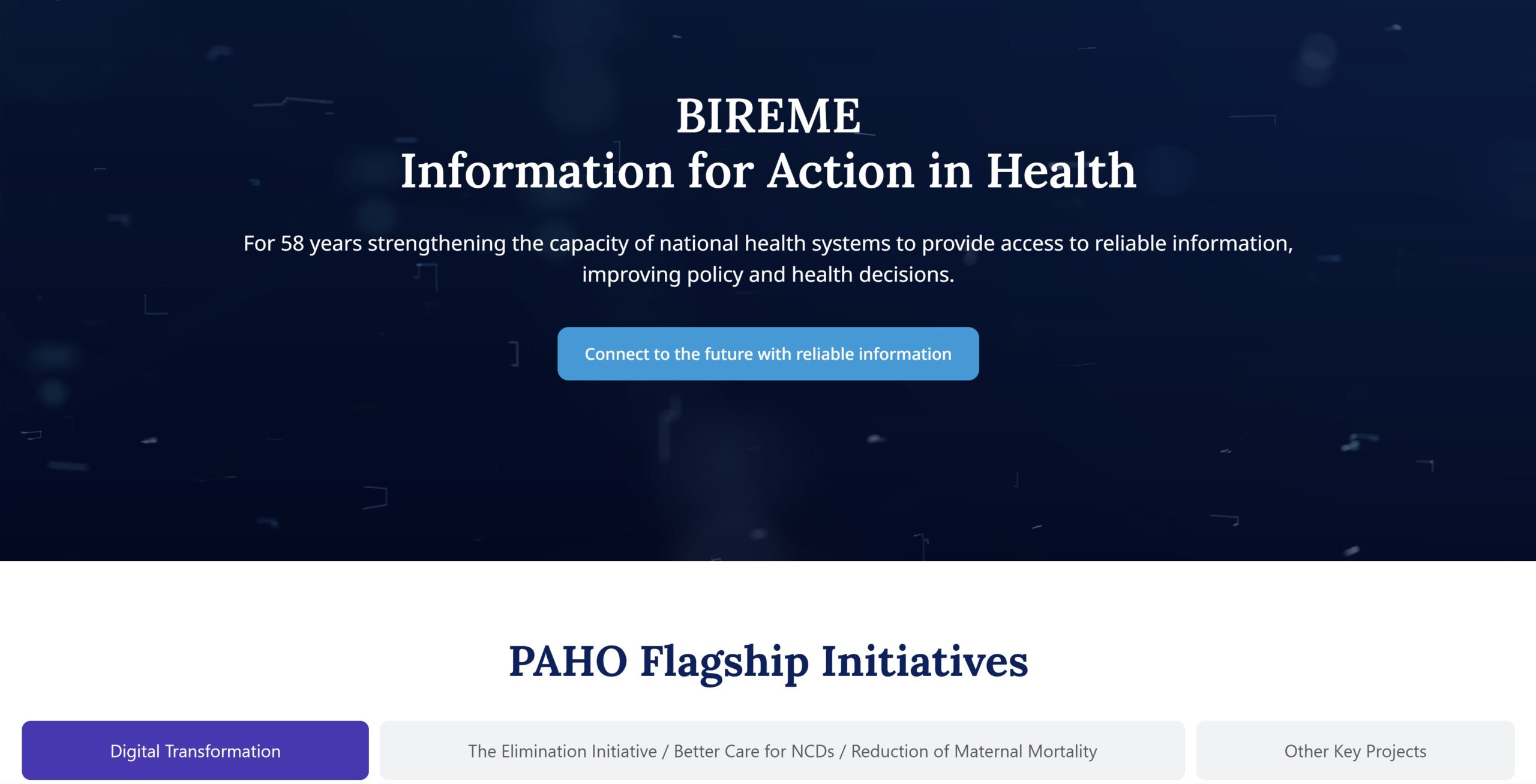
A highlight of BIREME’s Information Products and Services are available on the institutional website, supporting the digital transformation of health information management. Among the Artificial Intelligence solutions are Automated Synthesis and Super Summaries; Automated Indexing, DeCS Finder AI; and Natural Language Processing. The bireme.org was presented at the 62nd PAHO/WHO Directing Council (CD62).
read moreThe VHL of the Ministry of Health of Brazil has a new interface
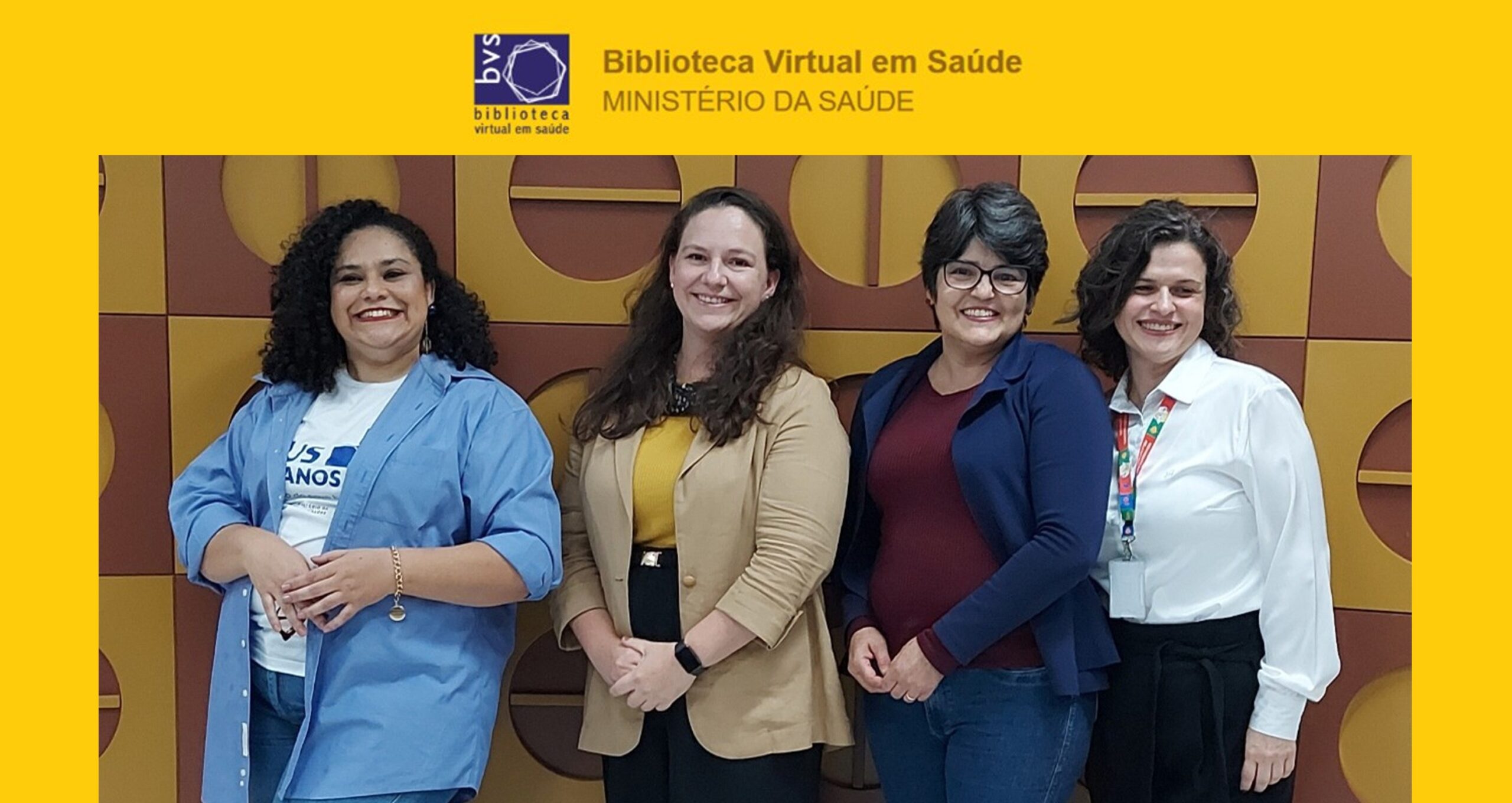
The MS VHL has seen an increase in users in recent years and now has a new interface. One of the highlights is its revamped visual design, with colors inspired by the work of artist Athos Bulcão, installed in the Ministry of Health’s physical library. The technical teams from CGDI/MS and BIREME/PAHO/WHO were recognized for their joint efforts and commitment in achieving this result, which comes in the context of the 35th anniversary of SUS and the 25th anniversary of CGDI.
read moreCosta Rica VHL: open access and information management
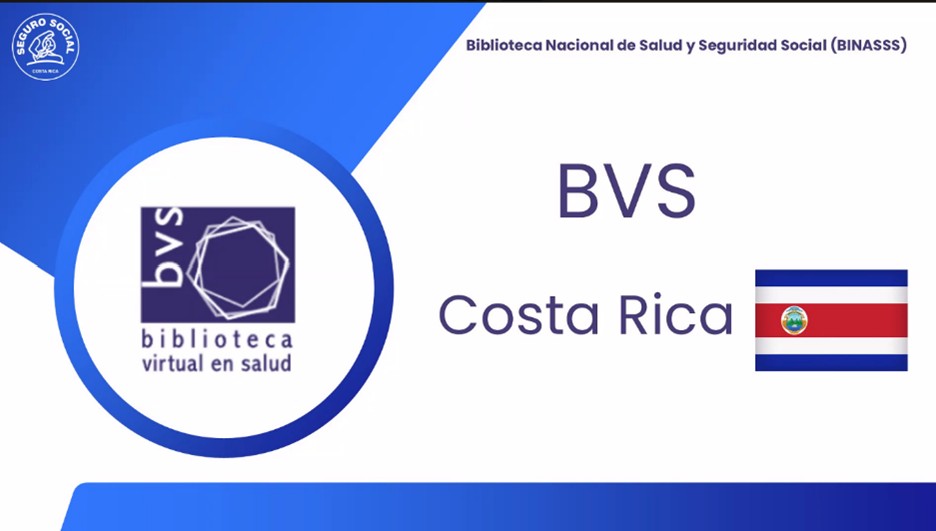
The Costa Rican Social Security Fund and the Center for Strategic Development and Information on Health and Social Security officially launched the new Virtual Health Library Costa Rica platform in an online event with the participation of national and international authorities, the PAHO representative in the country, the director of BIREME, and their teams.
read moreSummaries by AI to improve bibliographic descriptions
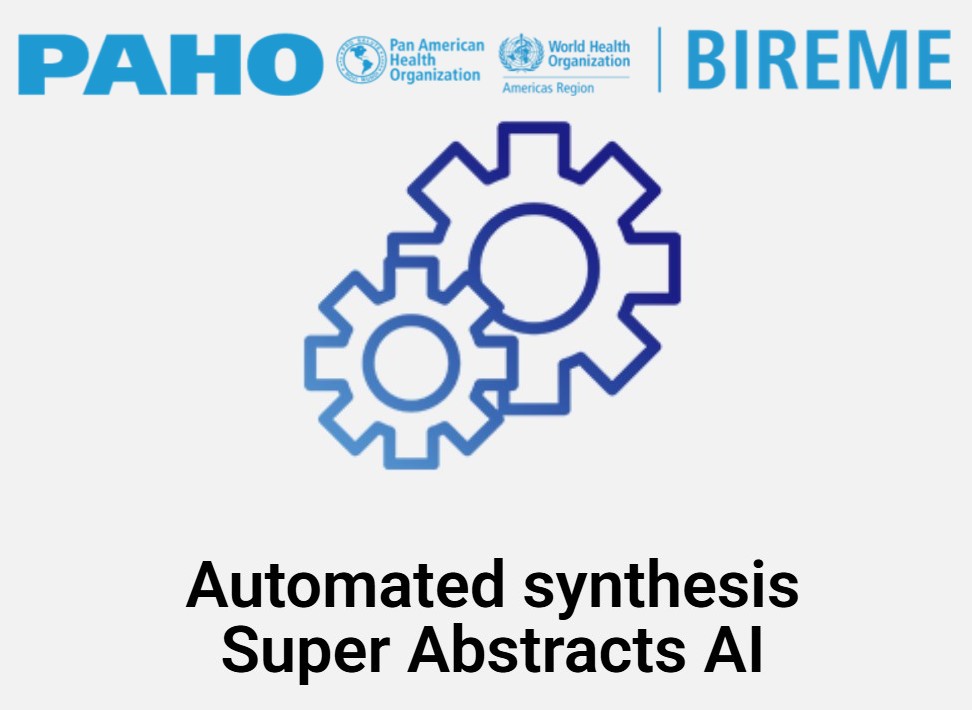
The integration of AI into BIREME products and services is a strategic step toward making health information management and dissemination more agile and efficient. With the use of AI techniques, it is possible to optimize the automatic indexing process, improve information retrieval in BIREME’s search interfaces, and perform data analysis for decision-making, among other benefits.
read more